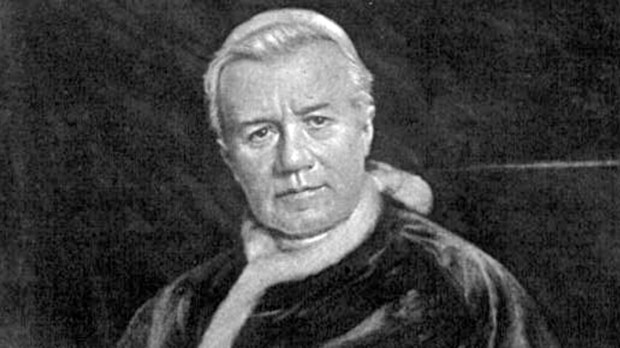St. Pius X, pope from 1903 – 1914, was a strong advocate for the reception of holy communion, encouraging all the faithful to receive the Eucharist as often as possible.
Holy communion is the shortest and safest way to Heaven.
St. Pius X
In particular, he wrote in his decree Quam Singulari that everyone should receive holy communion more often, even daily if possible.
At the time, Catholics were accustomed to receiving holy communion only once a year. Very few would receive holy communion on a weekly basis, and typically only priests would receive on a daily basis. St. Pius X wished to correct this practice of abstaining.
The Council of Trent, indeed, teaches otherwise when it calls the Eucharist, “An antidote whereby we may be freed from daily faults and be preserved from mortal sins.” This doctrine was not long ago strongly emphasized by a Decree of the Sacred Congregation of the Council given on December 20, 1905. It declared that daily approach to communion is open to all, old and young, and two conditions only are required: the state of grace and a right intention.
Furthermore, St. Pius X used that same decree to lower the age of First Communion to the “age of reason,” which typically is around seven years old, from the usual age of about 12 at the time.
Reinforcing the reality of the children’s innocence and closeness to God, Pius X wrote, “the fact that in ancient times the remaining particles of the Sacred Species were even given to nursing infants seems to indicate that no extraordinary preparation should now be demanded of children who are in the happy state of innocence and purity of soul, and who, amidst so many dangers and seductions of the present time have a special need of this heavenly food.”
St. Pius X’s document opened the doors to a more frequent reception of holy communion by a wider array of people and started a “revival” of faith around the Most Blessed Sacrament.



